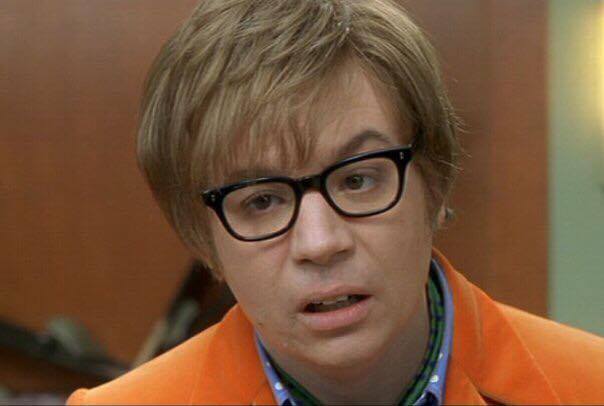Another thing I feel makes Hunger Games stand out is how much it focuses on optics. So much of the story revolved around how people perceive her. So much of what she does is impacted by how others look at her. “Don’t act so angry all the time; people won’t like you.” “Do this to win their favor.” Even in the third book, the rebellion was trying to market her to inspire the rebels. I don’t think I’ve seen any other series focus on how much someone appears to others as this one.
This is something I haven’t seen any people comment on, so I’m not sure if it’s just me seeing it, or if it’s more commonplace than I realize and thus not worth bringing up.
Eh, Hunger Games books were okay, I don’t think I’d consider them “incredible literature.” They did all the “sorted into groups, based on, illegal to” stuff, too, they just did it
firstsecond, after Harry Potter.I love Hunger Games a lot, really I do, but “amazing piece of literature” does such a disservice to so many other books in my opinion
It was also a full on reskin of an existing book that had a far superior story (Battle Royale). Though tbf, HG did significantly improve the political message BR was going for.
Yup, I would have had more respect for her if she just admitted she was inspired by this book instead of pretending she never heard of it. It’s insulting really.
BR was cooler and made for a good one shot. The book also has shoutouts to rock and roll which were kinda fun.
Shame that Hunger Games can’t acknowledge the legacy, but if they did they’d probably be sued.
Sued for what? I don’t know any countries which stop you making derivative work or full-on copying plots as long as you’re not literally plagiarising work or reusing copyrighted characters/names.
Seconding this. I remember finding and reading Battle Royale in high school after watching the movie with my dad. It’s great, and the movie did a good job adapting it.
Reading Hunger Games after that just felt derivative, though admittedly I’m not the target audience so much of the appeal is lost on me to begin with.
Hunger Games is a lame Battle Royale knock off
They simply took inspiration from Fortnight
I felt like that trend lasted nearly a decade, but maybe thats just cause i got so sick of it lol
I’ll offer a dissenting. I did not think the Hunger Games were good by any metric. I read all three in a four day period. They have the substance of popcorn, and popcorn is delicious. But they are a tiny fraction of what good YA fiction can be. I hold for comparison: The Hobbit, Earthsea, and His Dark Materials – and there are many others – that will stand the test of time while the Hunger Games is a footnote about a fad.
What is YA?
Young Adult
Ursula Le Guin of Earthsea fame put it nicely:
Commodified fantasy takes no risks: it invents nothing, but imitates and trivializes. It proceeds by depriving the old stories of their intellectual and ethical complexity, turning their truth-telling to sentimental platitude. heroes brandish their swords, lasers, wands, as mechanically as combine harvesters, reaping profits. Profoundly disturbing moral choices are sanitized, made cute, made safe. The passionately conceived ideas of the great story-tellers are copied, stereotyped, reduced to toys, molded in bright-colored plastic, advertised, sold, broken, junked, replaceable, interchangeable.
What the commodifiers of fantasy count on and exploit is the insuperable imagination of the reader, child or adult, which gives even these dead things life- of a sort, for a while.
The hunger games books suck as someone who read them all







